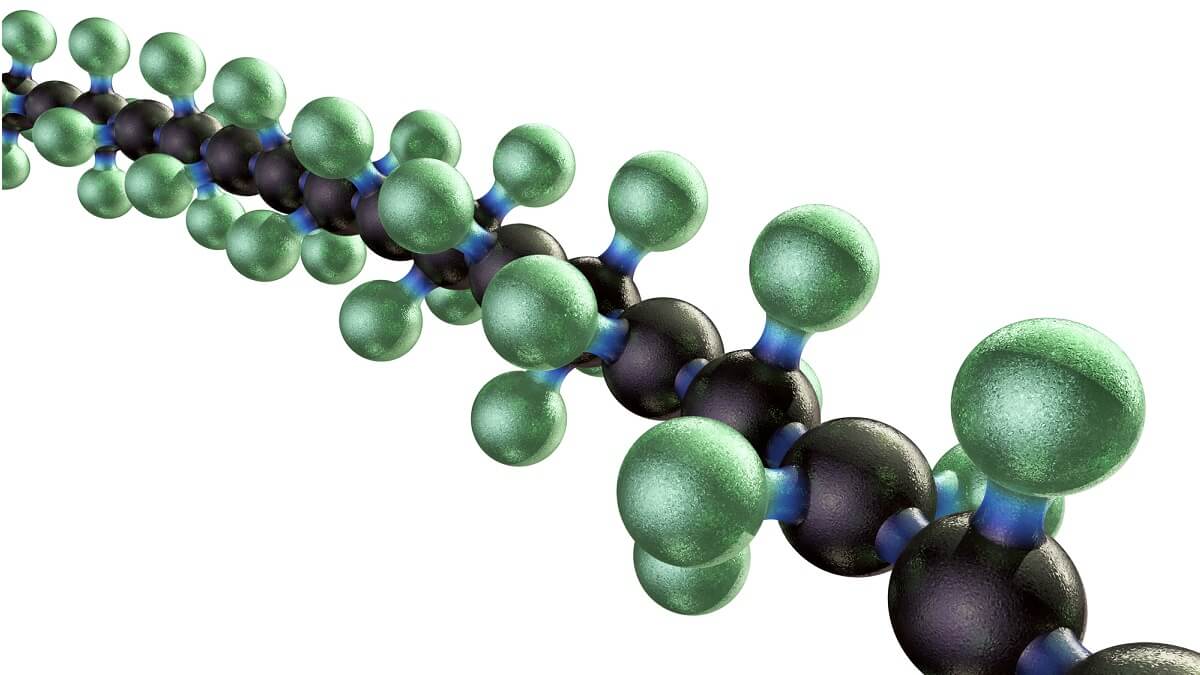High-Performance Polymers: Advanced Products for Sector
High-Performance Polymers: Advanced Products for Sector
Blog Article
Exploring the Varied Applications and Advantages of Polymers in Different Industries
Polymers, with their diverse range of buildings and performances, have actually ended up being crucial in different industries, each enjoying special benefits from their application. From improving safety and security and performance in the automotive field to reinventing medical tools in the healthcare industry, polymers play a pivotal function.
Automotive Field Applications
Polymers play a pivotal function in enhancing the efficiency and longevity of different parts within the vehicle market. One famous usage of polymers in the auto sector is in the manufacturing of lightweight parts.

Medical Care Industry Advantages
In various healthcare applications, the benefits of utilizing polymers are widely identified for their varied variety of beneficial residential properties. Polymers play a crucial role in the healthcare industry as a result of their versatility, biocompatibility, and cost-effectiveness. Among the key benefits of polymers in medical care is their capacity to be customized to certain demands, such as versatility, sturdiness, and biodegradability, making them suitable for a wide variety of medical applications.
Polymer-based materials are extensively made use of in clinical gadgets, such as catheters, implants, prosthetics, and drug delivery systems, as a result of their biocompatibility and capacity to resemble all-natural cells. These products can lower the danger of allergies or denials, improving client safety and end results. Furthermore, polymers are lightweight, making them ideal for wearable clinical devices and ensuring individual comfort.
Moreover, polymers enable the advancement of innovative treatment approaches, such as hydrogels for tissue design and nanocomposites for targeted drug shipment. Their convenience of processing and sanitation makes them essential for preserving high criteria of hygiene in health care setups. In general, the varied benefits of polymers contribute significantly to developments in medical innovation and individual treatment.
Environmental Benefits of Polymers

Furthermore, polymers can contribute to energy savings because of their lightweight nature. In markets such as transport, light-weight polymer products can aid lower gas intake and greenhouse gas emissions. Furthermore, polymers can allow the advancement of energy-efficient products such as insulation products that improve energy conservation in buildings.
Furthermore, polymers play a vital duty in lowering water air pollution. For instance, the usage of polymer-based purification systems can properly get rid of contaminants and pollutants from wastewater, protecting water resources and environments. On the whole, the environmental advantages of polymers make them valuable assets in advertising sustainability and green practices across numerous sectors.
Polymers in Electronics and Modern Technology
Taking into consideration the boosting need for innovative and lasting options in modern sectors, the combination of advanced polymer modern technologies in the realm of electronics and innovation has actually become click here for info an essential technique for driving performance and performance. Polymers have actually reinvented the electronics market by enabling the manufacturing of lighter, much more adaptable, and resilient digital gadgets. From smart devices to medical tools, polymers play a vital role in boosting product style and functionality.
One substantial advantage of polymers in electronic devices is their insulating homes, which aid safeguard fragile electronic elements from environmental aspects and electrical interference. In addition, polymers are important in the growth of flexible screens, wearable modern technology, and printed electronic devices, offering unlimited opportunities for creating wise and interconnected tools.
Additionally, making use of polymers in digital packaging has caused improvements in miniaturization and thermal management, enhancing the total performance and dependability of digital systems. As wikipedia reference innovation remains to develop, the convenience and adaptability of polymers will unquestionably drive better innovation in the electronic devices market, forming the future of modern technology.
Duty of Polymers in Building And Construction and Framework
The integration of advanced polymer materials in construction and infrastructure projects has revolutionized the way structures are designed and built in modern-day times. Polymers supply countless benefits in the building market because of their flexibility, toughness, and cost-effectiveness. One essential function of polymers in building and construction is their use in coverings and sealers, supplying security against environmental factors such as dampness, UV radiation, and deterioration. Furthermore, polymers are utilized in the manufacturing of light-weight and high-strength composite materials, boosting the architectural integrity of structures while lowering general weight.
Moreover, polymers play an link essential duty in sustainable building and construction methods by enabling the growth of energy-efficient structures. Shielding materials made from polymers help control indoor temperature levels, reducing the demand for heating and cooling down systems and eventually lowering energy intake. The use of polymer-based compounds in infrastructure jobs such as bridges and roadways enhances their durability and lowers maintenance costs. Generally, the incorporation of polymers in building and framework displays their significant effect on modern engineering methods.
Conclusion
In conclusion, polymers play an essential role in various sectors such as vehicle, health care, environmental, electronic devices, and building and construction. From enhancing fuel performance in automobiles to improving medical tools, polymers provide various benefits.
Report this page